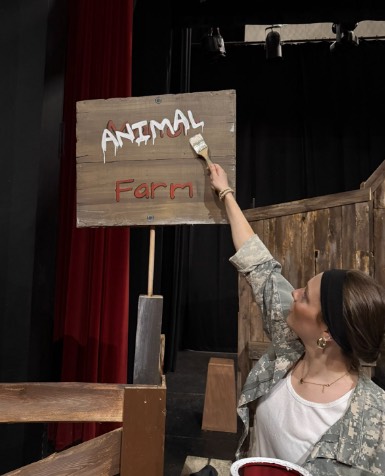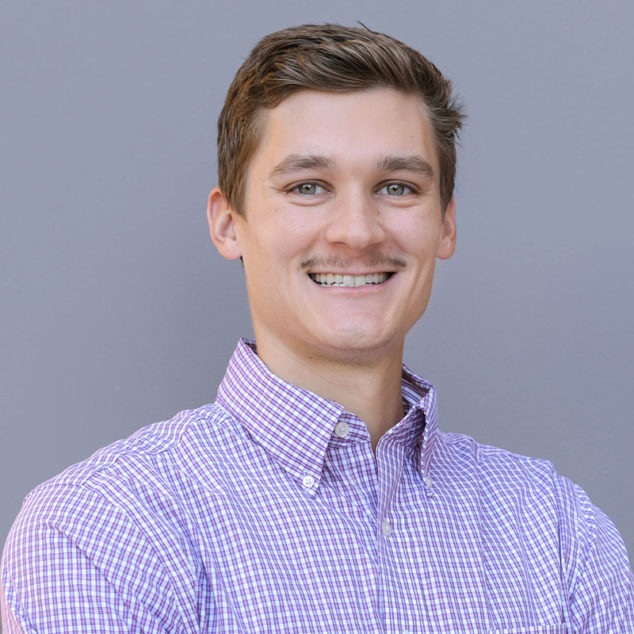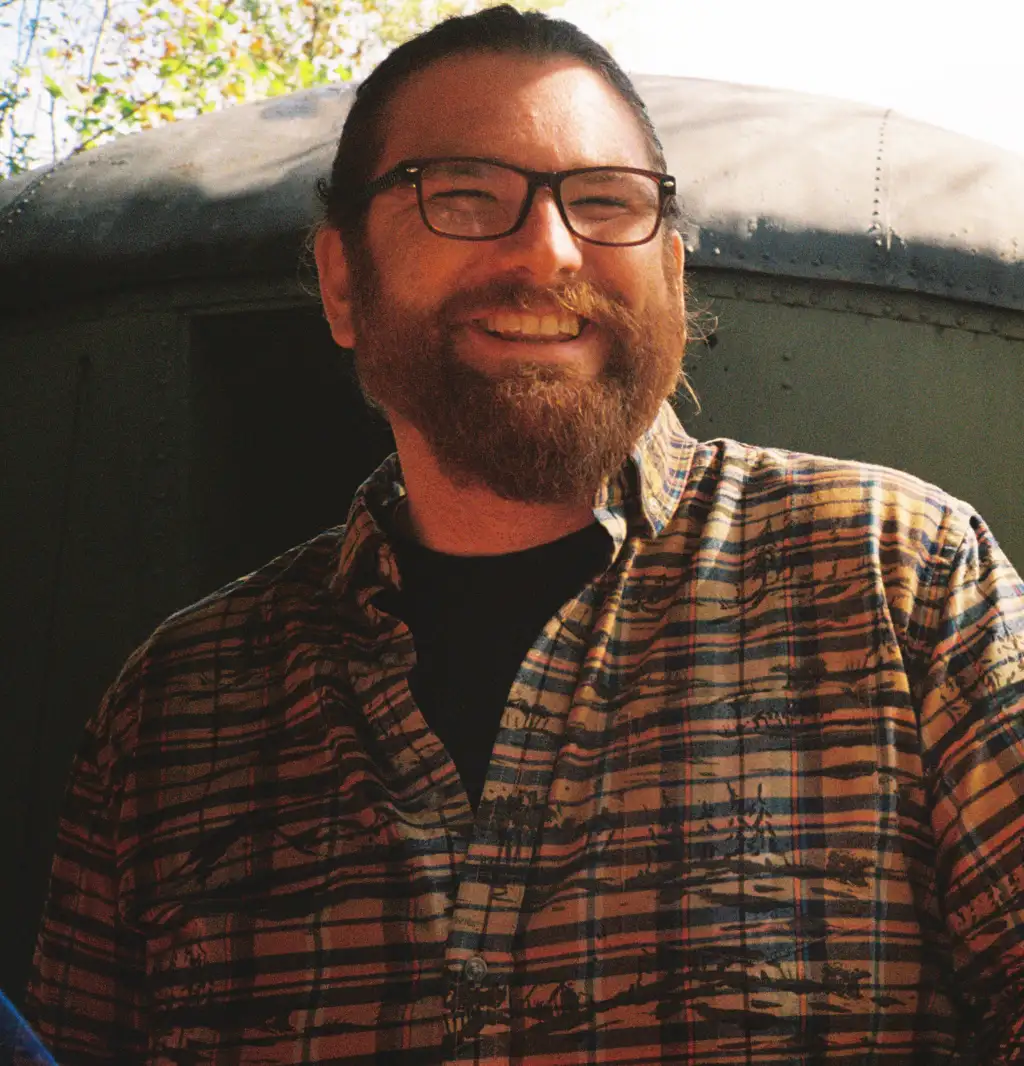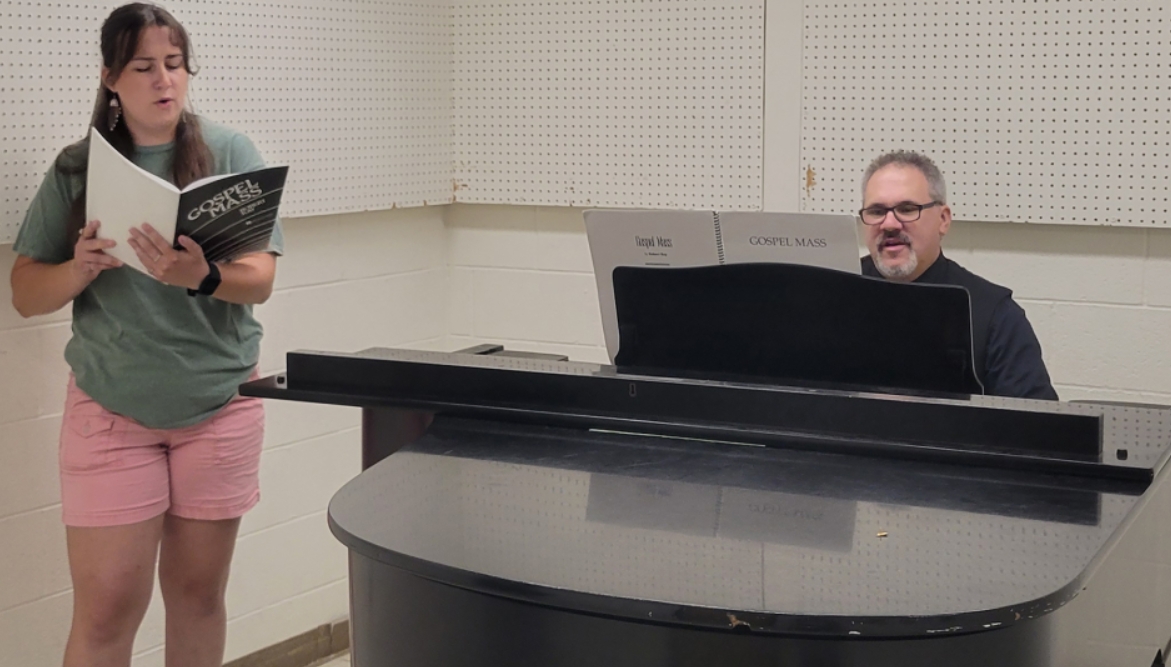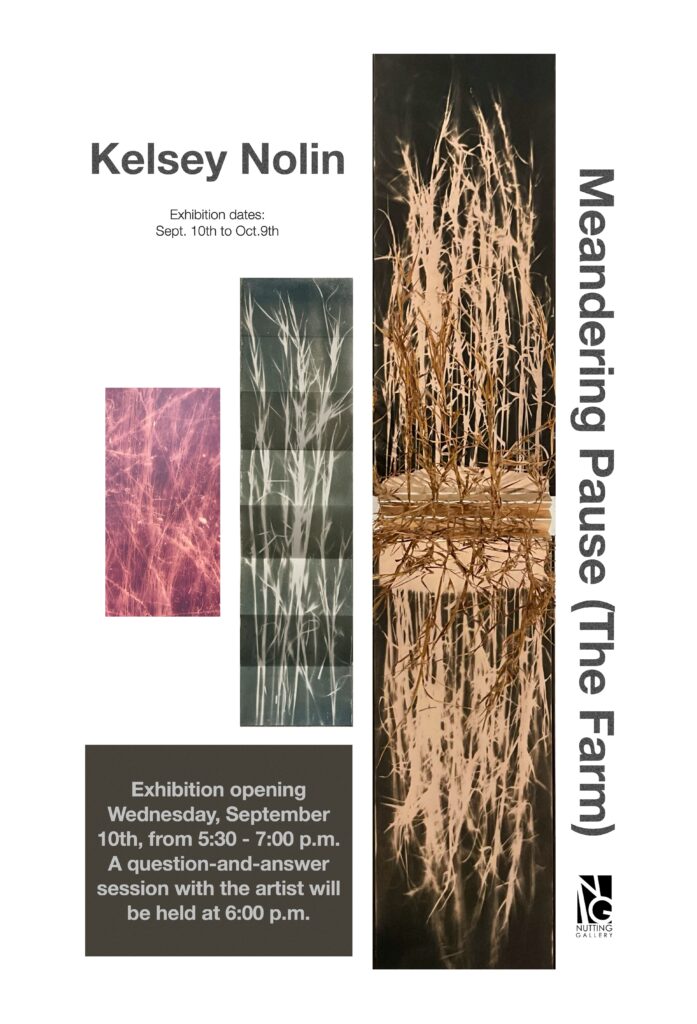Compiled by Walker Polivka, Contributing Writer
Joe Wakim has been an admissions counselor for 30 years, with 28 of those years working at West Liberty. The admissions counselors may ultimately decide whether you are admitted to the university, but they also can provide helpful advice to college students and potential college students. Their hard work spent contacting schools and potential students often goes unrecognized, but is still truly appreciated.
Q: When you went to school, did you know that you wanted to be an admissions counselor?
A: It wasn’t a career that I initially sought after. Many years ago, I worked at Wheeling College (now Wheeling Jesuit) and I knew a lot about the school. That was how I got my start in admissions. It was a very nice fit for me. I looked at it and I felt that it was all about believing in what you are doing, regarding the programs and the benefits that the college offers. You get excited about promoting the school and seeing it succeed. I have always enjoyed working in higher education, enjoyed seeing others succeed, and I love seeing others get excited about their future careers.
Q: What is a typical day like for an admissions counselor?
A: Admissions counselors do a lot of work throughout the year to plan to reach out to new students. We are planning out what high schools we are going to visit during the school year. We also plan which college fairs, college days, and college nights we are going to attend. We try to reach out to as many schools as we can, whether we typically get students from those schools or not. We make a lot of phone calls and send many emails to the guidance counselors of the local high schools and try to plan visits that coincide with college fairs, days, and nights. This gives us a better opportunity to reach out to prospective students because many students attend these sorts of events. We also send emails and make phone calls to prospective students who have filled out an application.
Q: How has the admissions process changed from when you first started until today?
A: It has changed a lot. We had no social media and we used the phone a lot to contact people. Something that I still do is write perspective students personal notes and call them to follow up with them that way. I’m a fossil because I still don’t have Facebook and I do things the old-fashioned way. Social Media is a big thing today and is more streamlined than in the past. We have a program through Brenda King called RADIUS. Students can apply online. It is much easier for us because we no longer have to search through files and paperwork for their application; it is all there online in the system. It has made things so much easier. If we are missing any files, we are able to send out an email to the student and say we are missing a number of things and we need those to finish your application. This way, we can let them know if they’ve been accepted or declined. We are always trying to get applications finalized and accepted. We still get in our cars and go to high schools and go to college events and college fairs and admission events. That one-on-one approach is never going to go away.
Q: What sort of advice do you have for college students about their time in college?
A: Students need to take advantage of everything that is out there for them. Take advantage of study abroad programs and internships. Also, contact the alumni office. Get in touch with alumni that have taken the same courses as you and have a career in the field you are considering. By making that connection with those alumni, it provides a great networking opportunity for students and allows them to pick their ear and gain valuable advice from those who have been in their shoes before. Be as involved on campus as possible. Your education comes first, but becoming involved early opens up a lot of opportunities and helps you be more grounded. It makes you feel like a part of the university and gives you a great feeling of success and pride.
Photo Credit: Walker Polivka



